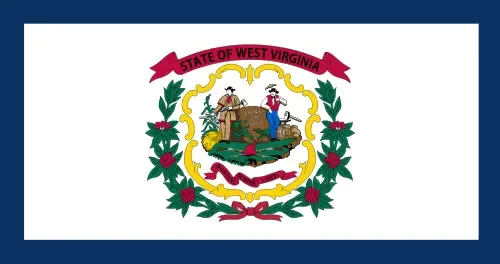Charlotte
Charlotte, North Carolina, is a vibrant city known for its rich history, diverse culture, and strong economic growth. As the largest city in the state and a major U.S. financial hub, Charlotte is home to a dynamic community that actively participates in local governance. Understanding the city’s government structure and civic engagement opportunities is essential for residents who wish to stay informed and involved.
Government Structure
The government of Charlotte operates under a council-manager system, which combines elected officials and appointed administrators to manage city affairs. This structure promotes transparency and accountability in local governance.
City Council
The Charlotte City Council is composed of 11 members, including a mayor and ten council members. The mayor serves as the chief elected official, representing the city in ceremonial functions and providing leadership in council meetings. The council members are elected from districts across the city, ensuring that various neighborhoods and communities have a voice in local governance.
City Manager
The City Manager is appointed by the City Council and oversees the daily operations of the city. Responsibilities include implementing policies set by the council, managing city departments, and preparing the city budget. The City Manager plays a crucial role in ensuring that city services meet the needs of residents.
Civic Engagement
Charlotte encourages civic engagement through various platforms, providing residents with opportunities to participate in local government. This engagement is vital for fostering a sense of community and ensuring that government actions reflect the needs and interests of the population.
Public Meetings
City Council meetings are held regularly, allowing residents to voice their opinions, ask questions, and provide feedback on various issues. These meetings are an essential aspect of local governance, as they promote transparency and accountability. Residents can attend in person or view recordings through platforms like Civic Stream.
Committees and Boards
Charlotte has several committees and boards that focus on specific areas such as zoning, planning, and public safety. These groups often hold public meetings and provide residents with opportunities to engage in discussions about their areas of interest. Participation in these committees can empower residents to influence local policies and initiatives.
Community Events
In addition to formal meetings, Charlotte hosts various community events where residents can learn about city initiatives, connect with local leaders, and engage with their neighbors. These events foster a sense of community and encourage civic participation beyond the council meetings.
Accessing Information
Staying informed about local government activities is crucial for active civic engagement. Residents of Charlotte have several resources at their disposal to access information related to city governance.
Civic Stream
Civic Stream is a valuable resource for Charlotte residents, offering livestreams and recordings of city council meetings and other public forums. This platform ensures that residents can easily access information about local governance, even if they are unable to attend meetings in person. By utilizing Civic Stream, citizens can stay informed about key issues and decisions that impact their community.
City Website
The official City of Charlotte website is another essential resource for residents. It provides information about city services, upcoming meetings, and current initiatives. The website often includes documents and reports related to city governance, making it a comprehensive source of information for civic-minded individuals.
Conclusion
Charlotte is a city that thrives on civic engagement and active participation. Understanding the local government structure, attending public meetings, and utilizing resources like Civic Stream empower residents to become informed and engaged citizens. By staying involved, residents can help shape the future of their community and ensure that their voices are heard in the decision-making process.






